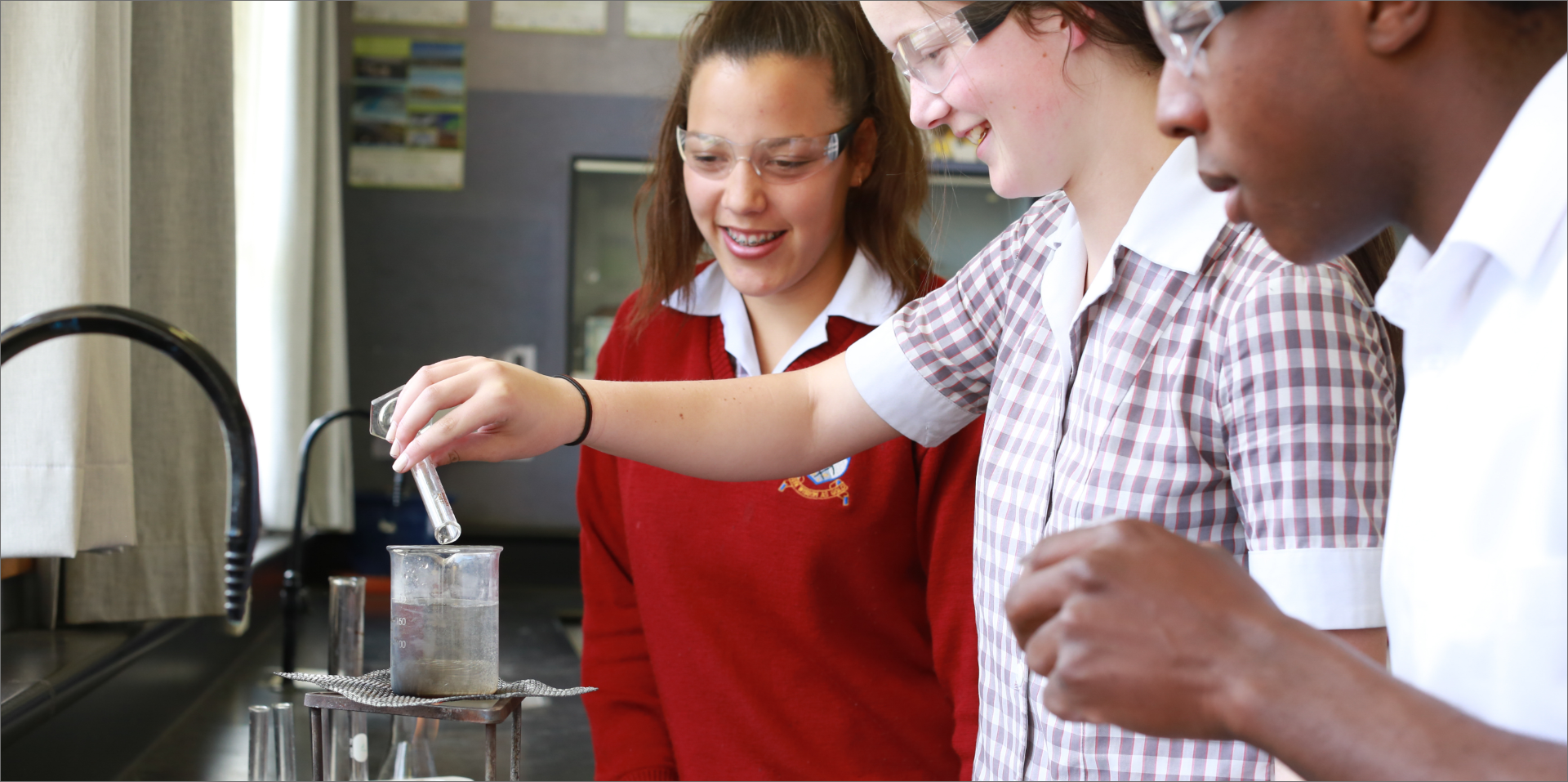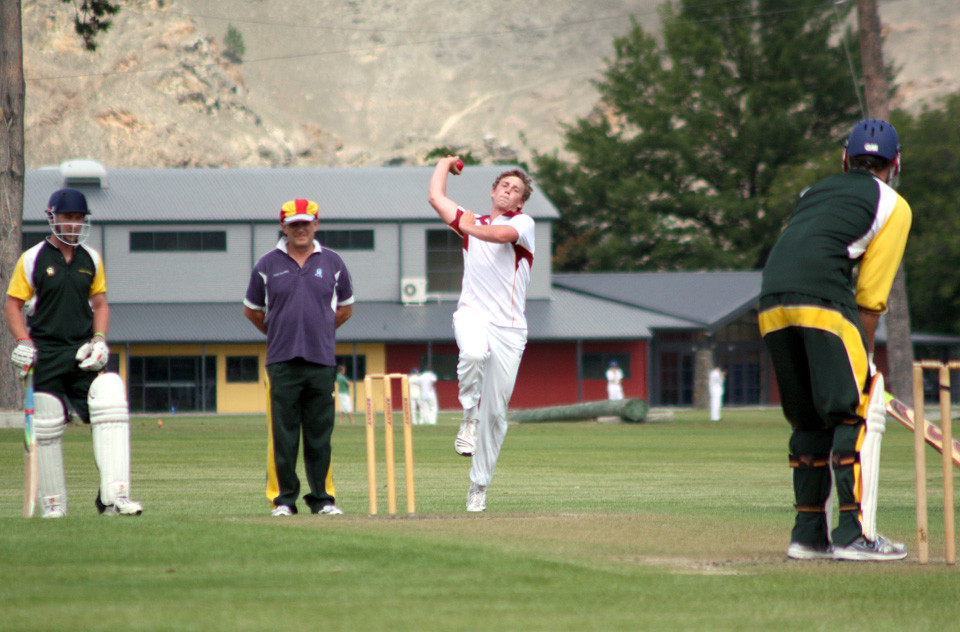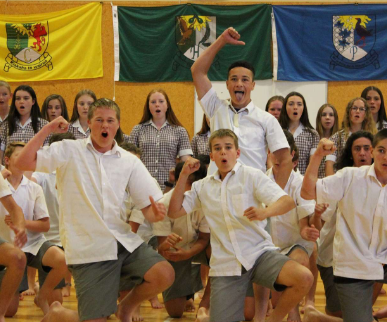DUNSTAN NEWS
Southern DHB is seeing presentations of patients at hospitals and reports of sick children leading to absences at Kōhanga Reo and early childhood centres across the district, according to Southern DHB’s Chief Medical Officer, Dr Nigel Millar.
“It is difficult to gauge how this season of viral infections will evolve. In Southern we tend to have a wave of presentations that occurs after those in the North Island. Generally, August and September are our busiest months for RSV and respiratory infections,” he says.
At Dunedin Hospital patients are starting to present with RSV and other respiratory viruses.In terms of Dunedin’s Children’s Unit, our isolation rooms have been full this week with a mix of respiratory viruses. We don’t have any patients with RSV in NICU at Dunedin Hospital and would avoid RSV admissions into that area. If there was a possibility of RSV in a newborn we would use our isolation room or admit them to the Children’s Unit.
At Southland Hospital, we’ve seen similar presentations, with the Children’s Ward at capacity this week, predominately with respiratory illnesses requiring isolation. Our Neonatal Unit is aware of the respiratory conditions in the community, and we have instigated winter visiting protocols aimed at reducing the spread of respiratory infection.
Meanwhile, Dr Susan Jack, Medical Officer of Health Southern DHB says Public Health are preparing information for Kōhunga Reo and early childhood centres, and she has the following advice for parents and caregivers:
“We urge parents and caregivers with sick children who have a cold or cough to keep them warm at home and to seek medical attention if they get worse.
“Some children who have been admitted to our hospitals have tested positive for RSV (respiratory syncytial virus) which causes infections in the lungs and airways. It is a common illness among young children, but some do get very sick with pneumonia or bronchiolitis.”
Dr Jack says, “Keeping children warm and in a smokefree environment at home is important. If they don’t get better, then please seek medical advice from a GP or call Healthline on 0800 611 116 for advice.
“RSV and other viral respiratory illnesses usually clear up after a few days but can be severe in babies and smaller children.”
Whānau should seek urgent medical attention if their baby or child has:
• Audible wheezing sounds
• Breathing very fast
• Difficulty breathing – the ribs seem to suck inwards when the child breathes in
• Seems very unwell
• Sluggish or lethargic
• Not feeding well – less than half their normal feeds
• Has not had a wet nappy for six hours
RSV and other respiratory viruses are contagious, so it is important to stay at home when sick and keep sick children at home, cough or sneeze into your elbow, and wash hands often, she says.





